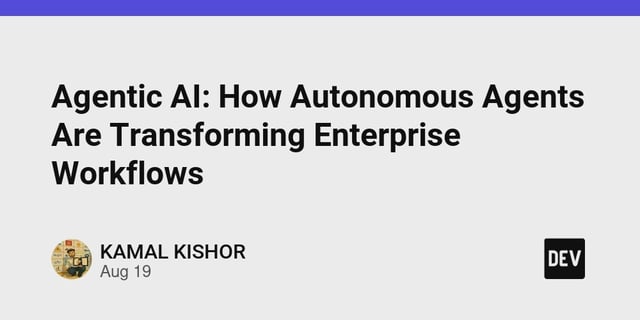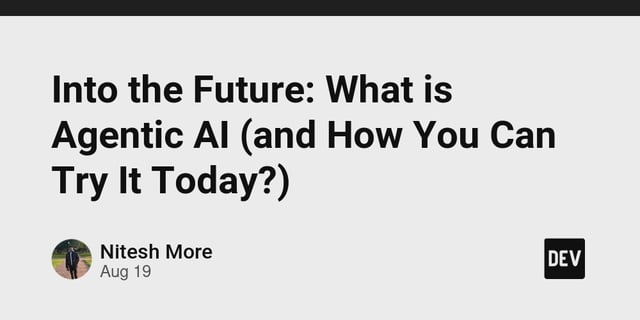Overview
- New agents interpret intent, plan multi‑step work, call tools and APIs, and can collaborate with other agents rather than waiting for prompts.
- Enterprises are piloting end‑to‑end automation in sales outreach, customer support ticket resolution, DevOps pipeline maintenance, and enterprise knowledge tasks.
- A typical production stack pairs an LLM with tool integrations, short‑ and long‑term memory via vector databases such as Milvus or Pinecone, an orchestrator like LangGraph, CrewAI or AutoGen, and explicit guardrails.
- Platform support is expanding with Anthropic’s Claude Agents positioned as production‑ready and integrating Workbench and the Model Context Protocol, alongside OpenAI agent tooling and open‑source frameworks like LangChain and LlamaIndex.
- Hands‑on builds are feasible today, including a local Ollama‑based GitHub triage agent that reads issues and applies labels via the API, though teams must mitigate hallucinations, runaway loops, and data‑access risks with approval gates and monitoring.


